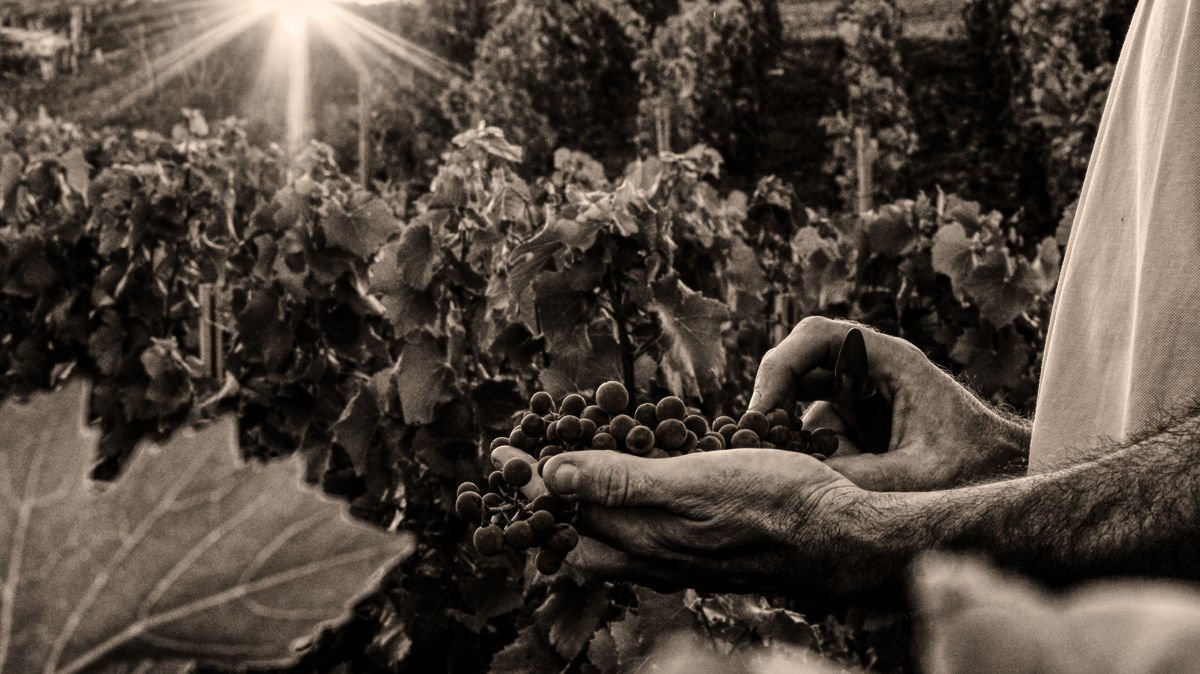
R. Pouillon & Fils
Represented by Fabrice Pouillon
Attending:
Los Angeles
The Pouillon family has been growing grapes in the region for over a century, but it wasn’t until 1947 when Fabrice’s grandfather, Roger Pouillon, decided to produce wine from his holdings along with the help of his wife, Bernedette, and his uncle, Louis Baulant, a well-known winemaker and consultant in the region. The estate continued to grow over succeeding decades as grape contracts expired allowing the family terroirs to be reincorporated into the Pouillon estate. James Pouillon, Fabrice’s father, joined the firm in 1964 and modernized the cellar by adding enamel-lined tanks and gyropalletes. Fabrice joined his father in 1998 after finishing degrees in both business and oenology school, and he has taken the winery in an exciting new direction. Working in the grand cru of Aÿ and throughout the Vallée de la Marne and the Montagne de Reims, Fabrice is crafting articulate, expressive, terroir-driven wines that are vibrantly aromatic and intricate on the palate.
Fabrice Pouillon is dedicated to the vitality, energy and health of his vineyards. In 2003, he began the work of conversion to organic viticulture and today he incorporates biodynamic principles into his work including compost management, spraying herbal “teas” and applying 500 and 501 treatments. He currently uses only organic compounds for fertilizer, pheromone confusion to ward off pests, cover crops to restore nutrients in the soil and plows alternating rows to keep vine competition and soil aeration consistent despite varied growing conditions. He is also a member of Lutte Raisonnée.
Fruit is harvested by hand and transferred to an ancient wooden press. The juice then falls via gravity into enameled iron fermentation tanks. The wines are aged in a combination of stainless steel and older oak demi-muids and barriques where everything undergoes full malolactic fermention. Reserve wines are aged for up to 18 months in 700 liter, old-oak barrels.
There is also a “solera” with wines dating back to 1997. The idea of this cuvée is to erase the influence of vintage and focus solely on the terroir. It is equal parts chardonnay and pinot noir from Mareuil-sur-Aÿ. Every year, 30% is racked off for secondary fermentation and replaced with 30% new wine. From its inception until the 2010 vintage was added, the entire Solera was aged in steel; it is now aged in oak uprights and undergoes full malolactic conversion. The results are electric, terroir driven wines with high-toned aromatics, fresh acidity, and incredible length. These are wines that are light on their feet yet possess depth and intensity that continually unfold with each sip.
With the introduction of single parcel cuvées in the late 2000’s, Fabrice highlights the distinct characteristics of individual sites. Each of these parcel wines is crafted with meticulous attention to detail, aiming to express the essence of their origin and the unique characteristics of their respective terroirs.
Fabrice is also known for his innovative “Méthode Fabrice Pouillon,” which involves producing Champagne without the addition of external sugars. Traditionally, sugar can be added during three stages of Champagne production: chaptalization, prise de mousse, and dosage. Fabrice’s method relies solely on the natural sugars present in the grapes, resulting in a purer expression of the fruit and terroir. He separates 15% of the pressed juice and holds it in steel until spring. The rest is fermented in neutral barrels with ambient yeast. After 12 months he blends the vin claire with the grape juice and the fermentation starts again with ambient yeast. When the remaining sugar reaches 24 grams/Liter, he bottles the wine under cork for the secondary fermentation. If dosage is used, it is made with grape juice. As of the 2019 vintage, all Pouillon wines utilize this method.
The Pouillon family’s holdings are in Aÿ, Mareuil-sur-Aÿ and Avenay Val d’Or in the Grande Vallée, Epernay and Festigny along the Marne River, and Tauxières-Mutry, just to the north in the Montagne de Reims. The majority of the plantings are to pinot noir (3ha), followed by chardonnay (2ha) and pinot meunier (1ha).


